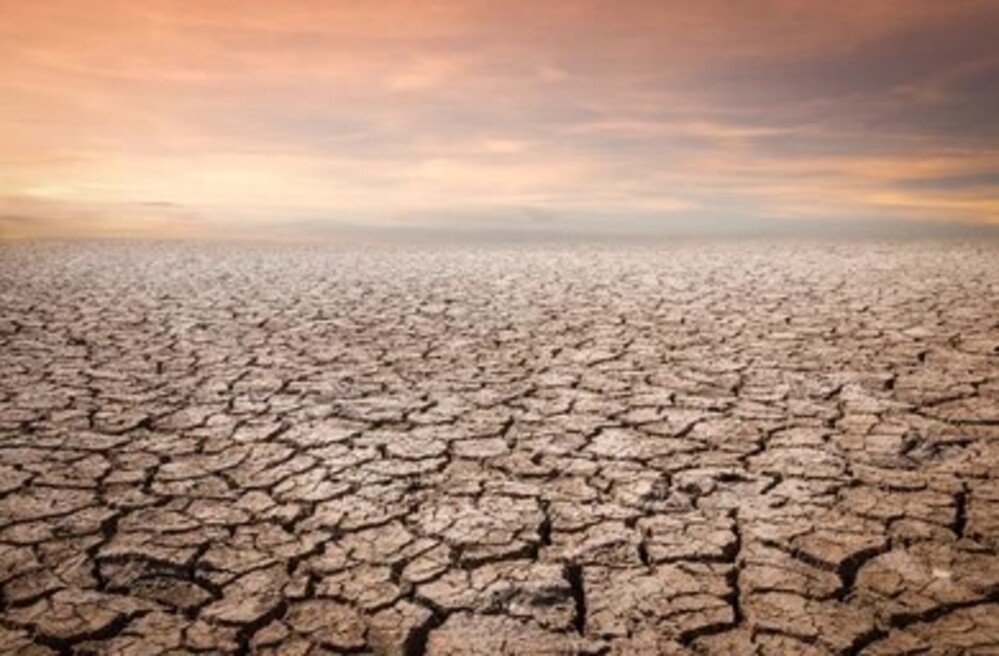China’s regions got information to prepare for more extreme weather this year after last summer’s record-breaking heat and protracted drought severely affected the nation’s power grid and crop harvests.
At a briefing on Monday, Song Shanyun, a spokesman for the China Meteorological Administration, stated that the southern regions of China should prepare for more persistent high temperatures and make sure that energy supplies are available to meet the peak summer demand. The northern regions of China should prepare for severe floods.
Extreme weather conditions, such as heat waves, droughts, heavy precipitation, and flooding, have become more frequent and intense in China due to climate change. These events can result in significant economic and societal impacts, including loss of life, damage to infrastructure, reductions in crop yields, and disruptions to industry and transportation.
Climate change is also exacerbating air and water pollution, posing additional risks to human health and the environment. Increased frequency and severity of natural disasters can lead to increased costs for disaster response and recovery and can exacerbate existing social and economic inequalities.
Climate change causes extreme weather
According to Song, the effects of climate change are causing the climate system to become more unstable since global warming is currently accelerating.
The heatwave that hit China in June of last year lasted more than 70 days. The drought affected crops, lakes and caused reservoirs drying up. Besides, the Yangtze river valley experienced severe forest fires. Up to 267 meteorological stations recorded their hottest temperatures to date in August.
Hydropower facilities had to reduce output due to a sudden decrease in rainfall in the southwest provinces of Sichuan and Chongqing. Local businesses were forced to scale back operations, and the eastern coast electrical supply was also impacted.
The Yangtze River Valley in China is one of the most densely populated regions in the world. It is particularly vulnerable to the impacts of climate change. Rising temperatures and more frequent extreme weather events, such as floods and droughts, pose significant risks to the region’s economy, agriculture, and human health.
Climate change is also affecting the Yangtze River’s hydrology, causing changes in water availability and quality, which can have far-reaching impacts on the region’s freshwater ecosystems, fishing industries, and water supply for industrial and domestic uses.
The Chinese government has established a number of policies and programs to address these issues, including those that increase the use of renewable energy, decrease greenhouse gas emissions, and strengthen the region’s ability to withstand the effects of climate change.
Average temperatures rise
Jia Xiaolong, a government specialist, stated at the same conference on Monday that mean temperatures in China for the entirety of 2022 hit 10.5 degrees Celsius, 0.62 degrees higher than average, with mean temperatures in spring, summer, and autumn reaching their greatest levels on record.
He stated that China’s average rainfall last year was 5% below average.
According to the Intergovernmental Panel on Climate Change (IPCC), the global average temperature has increased by about 1.1°C (±0.1°C) compared to the pre-industrial period, and the last decade has been the warmest on record.
Climate change is causing long-term shifts in temperature, precipitation, and other climatic variables, leading to a range of impacts on natural and human systems, including rising sea levels, more frequent and intense heat waves, and changes in the distribution of plant and animal species.

